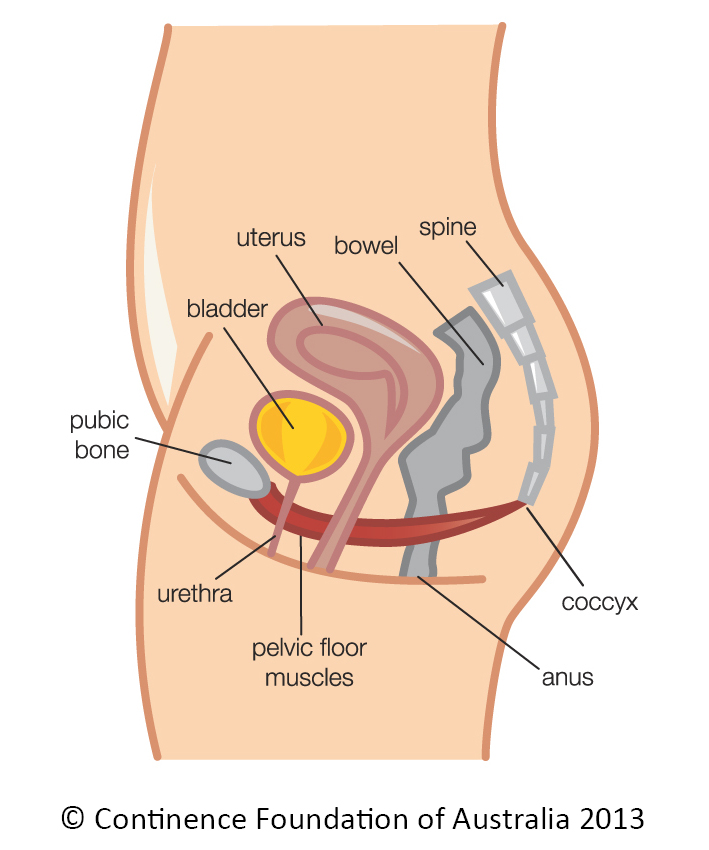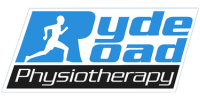
Our pelvic floor is a complex of muscles that sit on the base of our pelvis and are important in bladder and bowel function as well as protecting our pelvic organs (your bladder, bowel and uterus). During pregnancy, the ligaments that hold our organs up begin to sag due to the hormone relaxin and the weight of the baby. This in turn forces the pelvic floor to work a bit harder to “take up the slack” and support the organs.
During child birth these ligaments may be damaged as well as the pelvic floor muscles may be torn or have had an episiotomy. Even without a tear, a fair bit of stress is placed on the pelvic floor as the muscles are forced to stretch to allow for the baby to exit. A combination of these factors impact on the functioning of the pelvic floor and can make it less efficient in protecting our pelvic organs as well as influencing our bladder and bowel actions.
While symptoms of incontinence are the most common complaints post partum, feelings of heaviness, constipation and urgency may also be experienced. These are indicators that you definitely need a pelvic floor check by a women’s health physiotherapist. During an examination your symptoms, muscle coordination and strength will all be assessed to allow for a thorough recovery. The earlier that these are addressed the easier the recovery, as well as better outcomes for the future. A physiotherapist will help by providing appropriate exercise prescription and lifestyle advice that will help in improving your symptoms as well as protecting yourself against prolapse.
Even without symptoms it is generally sensible to see a physiotherapist for a pelvic floor check as you may not be currently experiencing any symptoms but as your life becomes more active and the weight of your child increases symptoms may develop. By addressing your pelvic floors strength and coordination early as well as getting the right advice, these symptoms may never arise for you.
